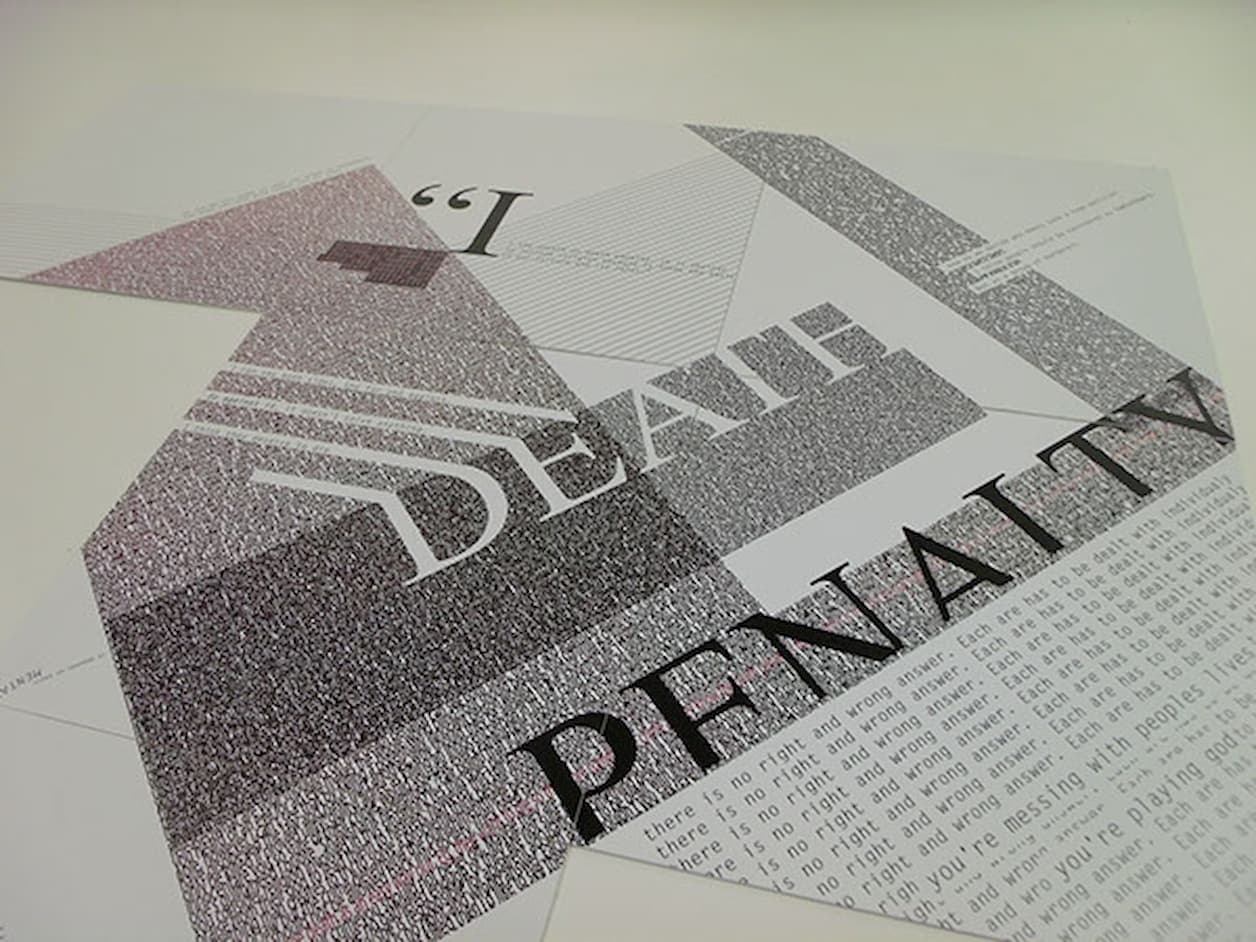Pakistan Executes Juvenile Tortured Into Confessing Crime
Early on Tuesday morning, Pakistan executed Shafqat Hussain despite allegations that he may have been only 14 at the time of his offense, and amid serious concerns that the basis of his conviction was a confession extracted by torture. His execution defies two international human rights principles that are universally recognized: the exclusion of children from capital punishment and the absolute prohibition on torture.
Shafqat’s execution was the country’s 193rd since last December, when Pakistan lifted a 6-year moratorium on civilian executions. Since then, Pakistan has carried out executions at the staggering rate of roughly a person a day, outstripping many of the world’s most active and controversial executioners, including Saudi Arabia, Iraq and the United States. Only Iran and China are now known to execute more people than Pakistan.
The twists and turns taken by Shafqat’s case show a criminal justice system that is failing, amid this onslaught of executions, to implement fundamental human rights or to respect Pakistan’s international commitments in this regard.
Shafqat was originally scheduled to be executed in January 2015, but his execution was stayed after his lawyers at the Justice Project Pakistan challenged his death sentence on the grounds that he was a juvenile at the time of the offense. The Ministry of the Interior promised to conduct an investigation into the circumstances surrounding his arrest, citing the government’s concern for human rights. It took two more execution warrants and two more last-minute stays, however, before an investigation materialized.
The investigation, conducted by Pakistan’s federal police, the Federal Investigation Agency, was so unreliable that it was later called “prima facie illegal” by the Islamabad High Court and deemed “inadmissible’ by the Sindh Human Rights Commission. The organization Reprieve notes that “it ran the full gamut of outrageous misconduct from witness intimidation and evidence tampering to leaking case information to journalists and releasing the results of the inquiry the day before Shafqat’s lawyers were scheduled to give evidence on their client’s behalf.” No other investigations were launched, however, and Shafqat was executed without a court ever examining evidence that he was a minor at the time of the crime and that his “confession” was extracted through torture.
In his decade on death row, Shafqat was informed six times that he had seven days left to live, only to be reprieved at the last minute – an experience that Shafqat described to his lawyers in a piece that was published shortly after his execution. International human rights bodies and national courts around the world have increasingly recognized that such long incarcerations, under a constant threat of death, amount to cruel, inhuman or degrading treatment in violation of international standards.
Pakistan has one of the world’s largest death rows: over 8,500 prisoners are believed to be currently under sentence of death. In light of the systemic failures brought to light by Shafqat Hussain’s case, Pakistan should refrain from any further executions and restore a death penalty moratorium.
